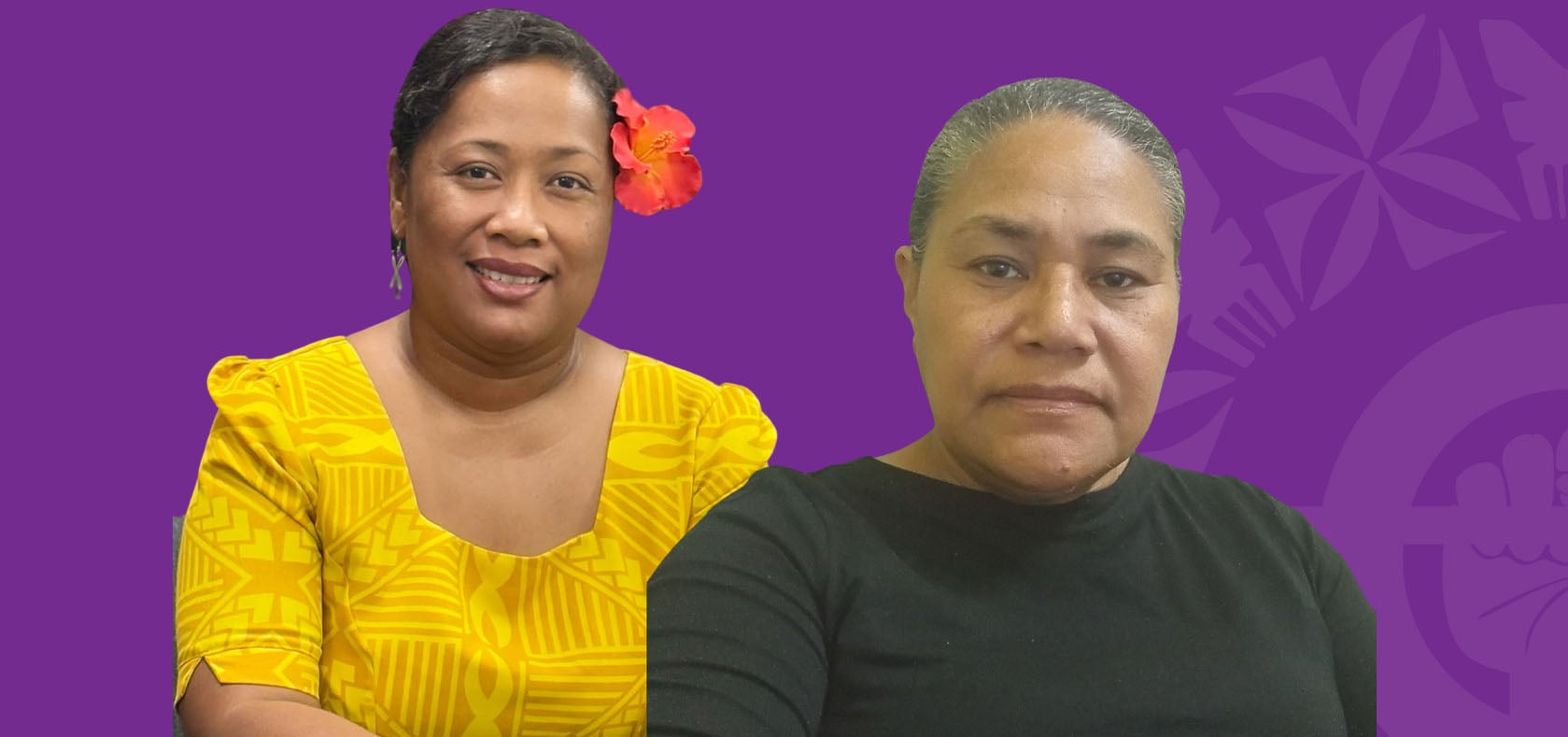Tonga and Samoa Civil Society Voices Call for Action as CEDAW Committee Meets in the Region for the First Time
With Tonga yet to ratify the Convention, women leaders from Tonga and Samoa highlight the urgent need for legal and cultural transformation across the Pacific.
Date:

For the first time in history, the CEDAW Committee has come to the Pacific. The session—held from April 7–11 in Suva, Fiji—offers a critical opportunity for Pacific Island nations to engage directly with global experts on women's rights.
While 14 countries in the region have ratified the Convention on the Elimination of All Forms of Discrimination Against Women (CEDAW), Tonga, Niue, and Palau remain among the few that have yet to do so.
For Emele Latu, who represents Tonga’s Civil Society Forum, the session marks a pivotal moment.
“This CEDAW session is incredibly important for the communities we represent in Tonga,” she said. “Our decision-makers are mostly men. To move forward, we need male champions who will advocate alongside us for ratification.”
Latu also acknowledged the deeper cultural shifts required:
“Tonga is deeply traditional. Even though more women are excelling in education, women still overwhelmingly vote for men. There are layers of societal expectations that must be addressed.”
From Samoa, a nation that has ratified the Convention, Vaelei Apulu-Ioasa of the Samoa Victim Support Group (SVSG) spoke about turning commitments into lived change.
“CEDAW must be more than policy—it must be practice,” she said. “At SVSG, we work every day to make the rights in this Convention real for women facing violence and vulnerability.”
Both leaders emphasized the need for strong partnerships between governments and grassroots organizations.
“This is not about competition or compliance,” Ioasa said. “It’s about protecting lives and building a future where every woman is safe, heard, and equal.”
As the CEDAW session continues, the voices of civil society leaders like Latu and Ioasa underscore the region’s growing momentum toward gender equality—and the critical role of collective action.
The session is hosted by the Government of Fiji and jointly organized by the CEDAW Committee, the Pacific Community (SPC), the Office of the High Commissioner for Human Rights (OHCHR), UN Women, the Pacific Islands Forum (PIF), and The University of the South Pacific (USP). SPC’s contribution to the session is supported by the Australian Government through the Pacific Women Lead at SPC.